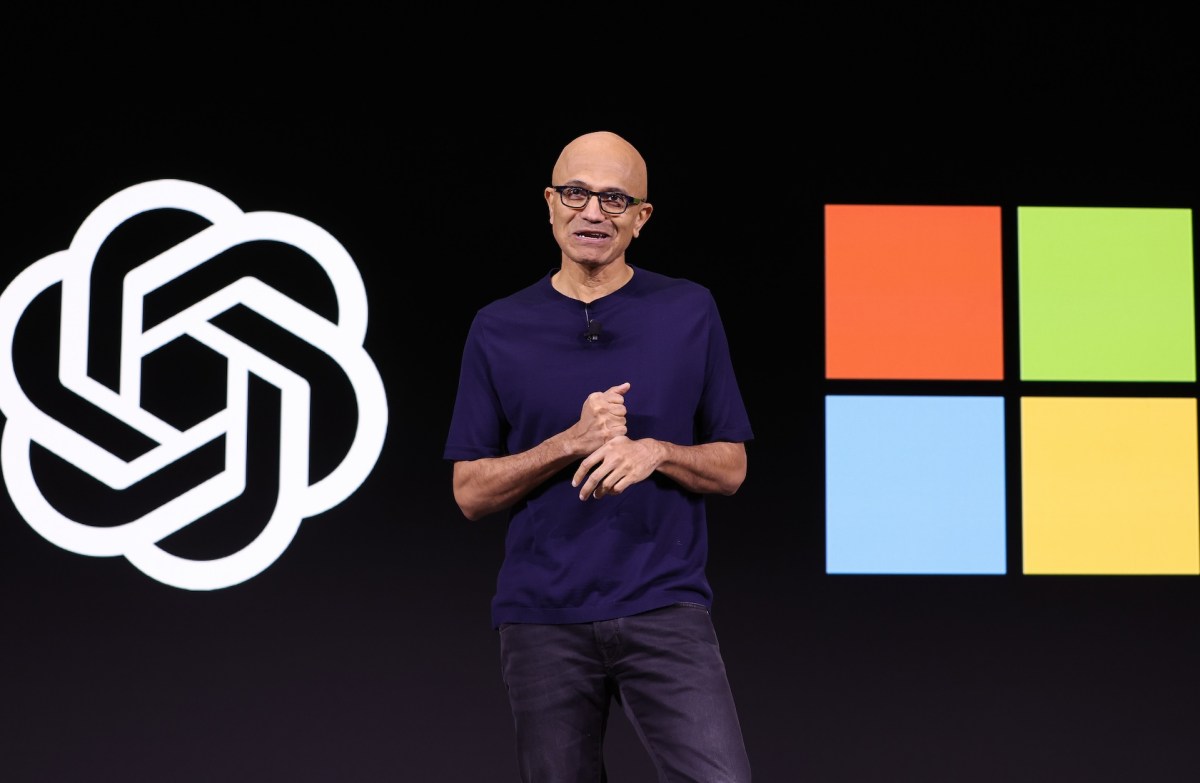OpenAI and Microsoft Reach Nonbinding Agreement on For‑Profit Transition

Key Points
- OpenAI and Microsoft sign a nonbinding MOU to transition OpenAI’s for‑profit arm into a public benefit corporation.
- The nonprofit board retains control, and the nonprofit will hold a stake in the new PBC valued at over $100 billion.
- Microsoft maintains preferred technology access and remains the primary cloud provider.
- OpenAI has secured a $300 billion cloud contract with Oracle and partnered with SoftBank on a data‑center project.
- Regulatory approval from California and Delaware attorneys general is still required.
- Legal disputes include Elon Musk’s lawsuit and a rejected $97 and billion takeover offer.
- Critics worry the for‑profit shift could compromise OpenAI’s mission, prompting the company to issue subpoenas to opposing nonprofits.
OpenAI announced a nonbinding memorandum of understanding with Microsoft that would allow the AI startup to convert its for‑profit arm into a public benefit corporation. The deal keeps OpenAI’s nonprofit board in control while granting Microsoft preferred access to the technology and primary cloud services. The agreement follows months of negotiation, legal disputes, and competing partnership offers, including a cloud contract with Oracle and a data‑center collaboration with SoftBank. Regulators in California and Delaware must still approve the transition, and the arrangement remains subject to a definitive contract.
Background and Structure of the Deal
OpenAI disclosed that it has signed a nonbinding memorandum of understanding (MOU) with Microsoft, its largest investor, to outline a revised partnership that would enable the company to reorganize its for‑profit operations as a public benefit corporation (PBC). Under the proposed structure, OpenAI’s nonprofit board would retain control over the startup’s activities, and the nonprofit entity would acquire a stake in the new PBC valued at upwards of $100 billion.
Key Terms and Expectations
The MOU is not legally binding but signals mutual intent. Both parties indicated they are working to finalize a definitive agreement that will detail contractual obligations. Microsoft will continue to receive preferred access to OpenAI’s technology and remain the primary provider of cloud services, a relationship that began with Microsoft’s 2019 investment.
Negotiation History and Competitive Pressures
The agreement follows a protracted period of negotiations marked by tensions over control of technology and strategic direction. OpenAI has pursued alternatives to reduce reliance on Microsoft, including a $300 billion cloud services contract with Oracle beginning in 2027 and a partnership with SoftBank on the Stargate data‑center project. Legal challenges have also surfaced, notably Elon Musk’s lawsuit accusing OpenAI’s leadership of abandoning its nonprofit mission and a rejected unsolicited takeover bid of $97 billion.
Regulatory Review and Future Steps
Implementation of the transition requires clearance from California and Delaware attorneys general, who are expected to review the arrangement for compliance with state regulations. Representatives for the attorneys general have not yet commented on the proposed plan.
Implications for Stakeholders
The restructuring could allow OpenAI to raise additional capital and eventually become a public company while preserving its nonprofit governance model. Critics, including nonprofit groups such as Encode and The Midas Project, have voiced concerns that the for‑profit shift may jeopardize the mission to develop artificial general intelligence for the benefit of humanity. OpenAI has responded by issuing subpoenas to these groups, alleging they are funded by competitors.